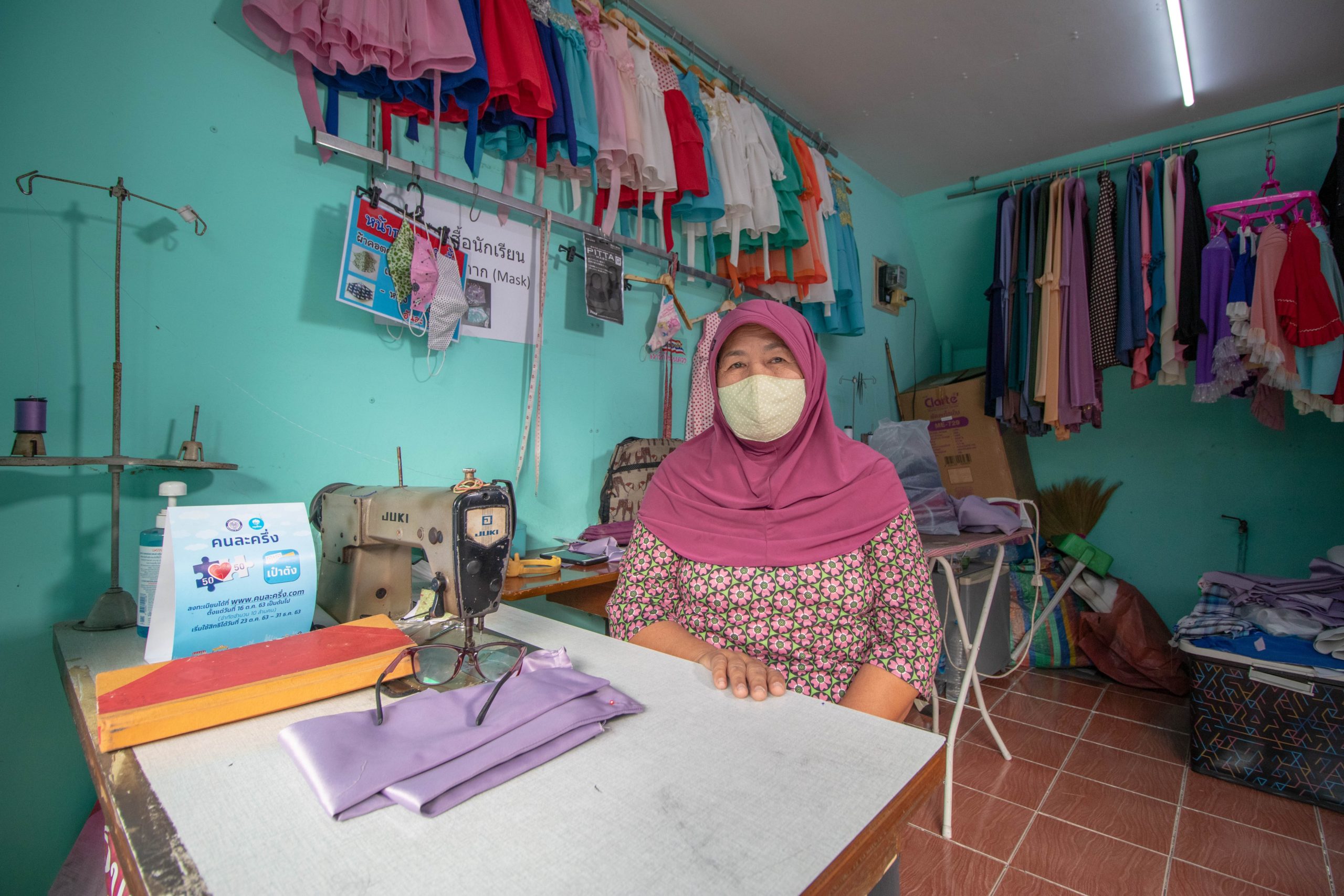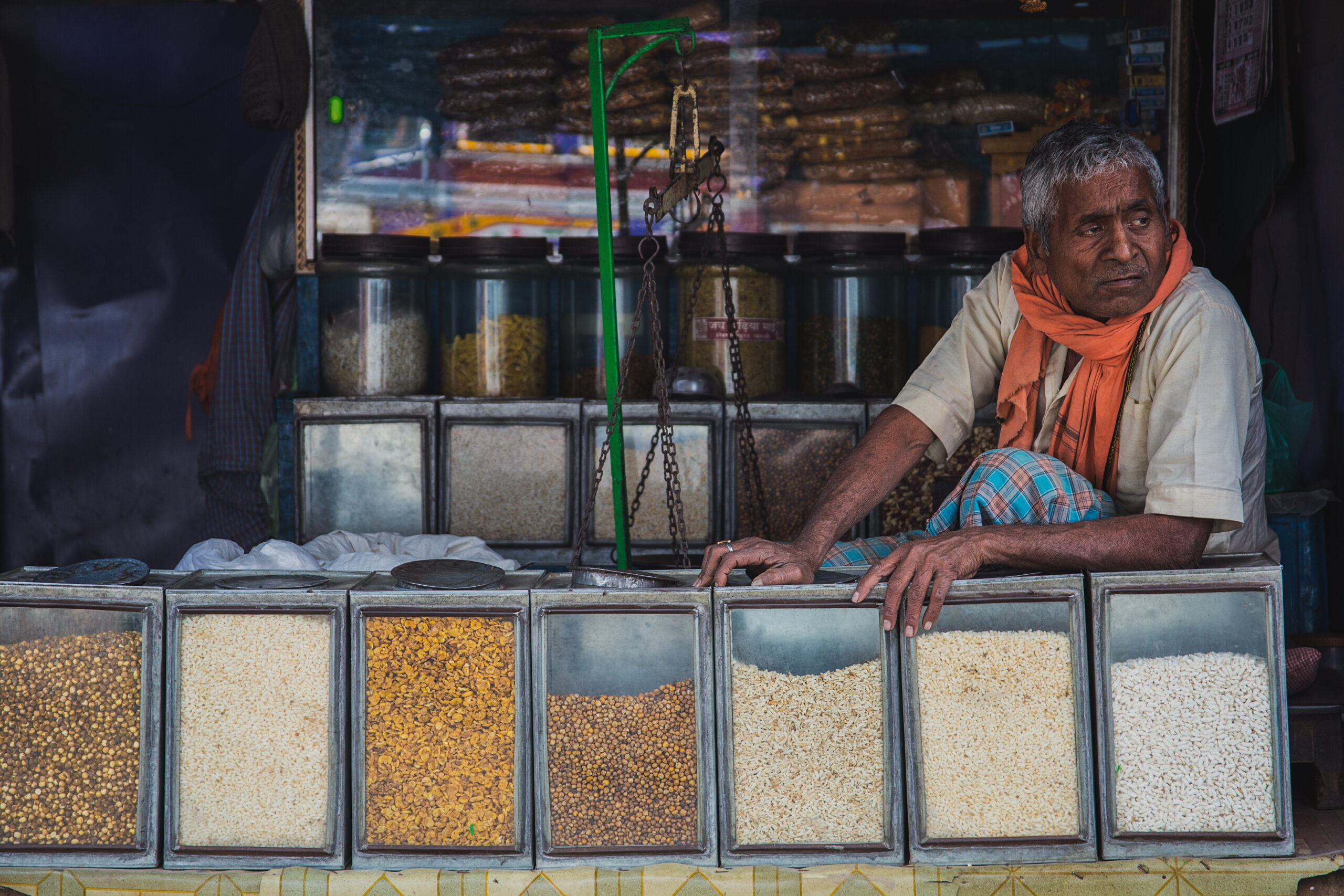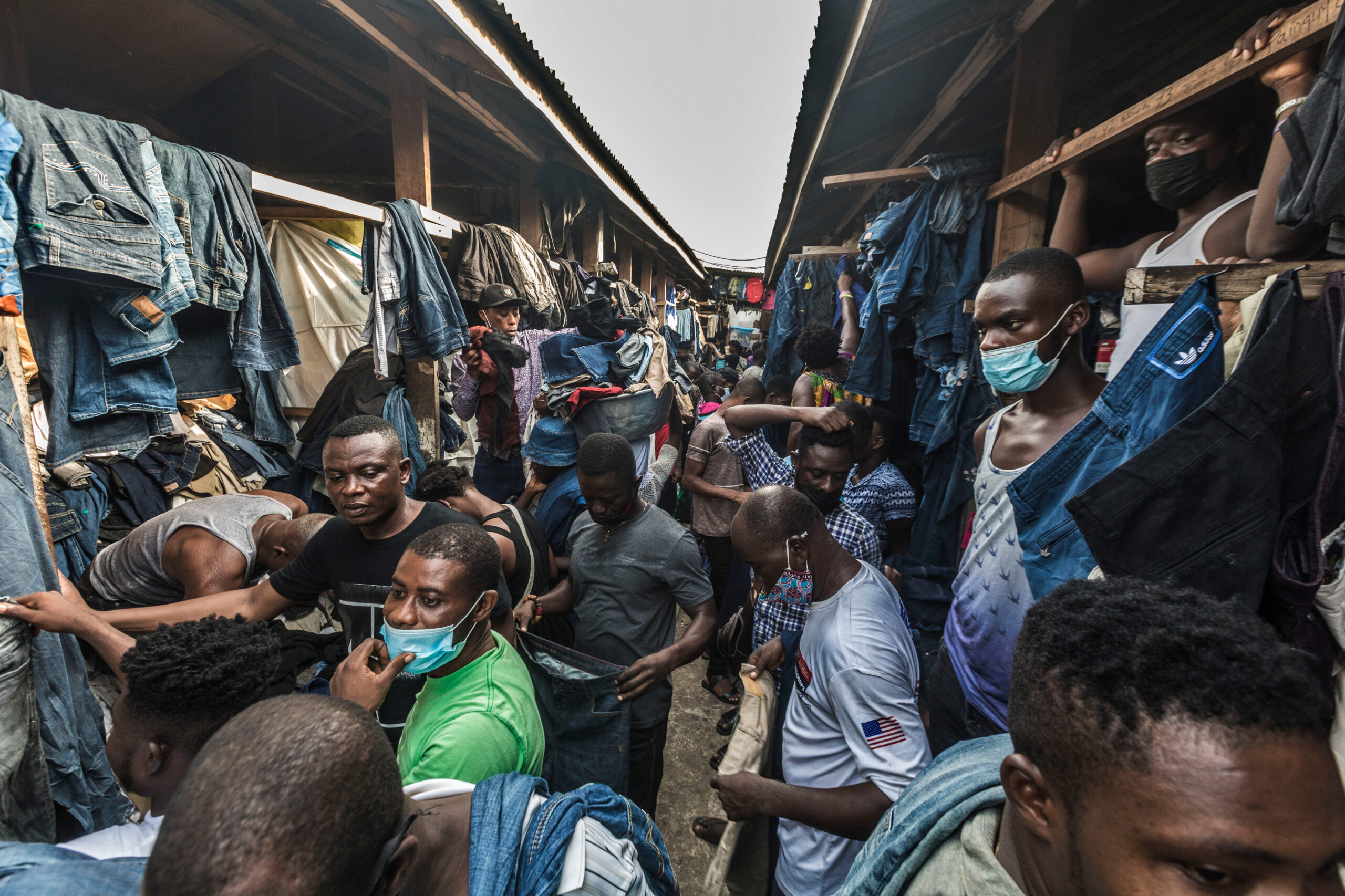This blog was first published on Women in Informal Employment: Globalizing and Organizing’s (WIEGO) website on 1 February.
2021 was another tough year for informal workers: their earnings stayed far below pre-pandemic levels and hunger and debt remained huge obstacles to their recovery. The crisis is by no means over for these workers, making this an important time to look at what we have learnt from the pandemic in 2021, so that workers can be supported better in 2022.
Through the WIEGO COVID-19 Crisis and the Informal Economy Study we have listened to workers and, also drawing on our programmatic work, were able to distill five valuable lessons.
Provide financial support
Immediate
Because their incomes haven’t recovered, workers told us they need support for immediate material needs, for business capital – in the form of grants or loans – and support to cover expenses. As a result of the slow recovery of earnings, food insecurity continues to threaten urban workers – nearly 60 per cent of the workers we spoke to said that they were eating fewer or less diverse meals in the previous month.
Relief grants are particularly urgent for home-based workers because these workers, predominantly women, are the worst affected by the pandemic as a result of the collapse of domestic and global supply chains – many still earn nothing.
Home-based garment workers are frequently employed through complex contractual arrangements to avoid the costs associated with employment contracts. Early in the pandemic, WIEGO – together with the Asia Floor Wage Alliance, HomeNet South Asia and HomeNet South East Asia – called on brands and retailers to pay a once-off COVID relief grant to the informal workers in their supply chains as a responsible business practice during the pandemic.
READ: Why Brands Should Pay Compensation to Informal Garment Workers in Their Supply Chains
Long term
Worker organisations have suggested innovative policy ideas to put informal workers at the centre of economic recovery and state investment, such as government procurement quotas for goods and services from informal workers; large scale grant and loan facilities for business investments; and jobs programmes focused on socially critical sectors like care, public works, and green infrastructure.
Expand social protection
Workers also frequently highlighted the need for long-term social protection. Without such protections during the crisis, workers who were not allowed or unable to work had no choice but to deplete their savings or take out loans at high interest to support their households.
As lockdowns were rolled out around the world, it became evident these workers without any form of social insurance or access to cash grants were really not going to be able to stay at home and earn a living. If they’d defy regulations and go out anyway, that would undermine the purpose of the lockdowns. That really brought home the importance of ensuring that social protection is extended to this group and many governments acted on that. Now, there is an opportunity to build on these relief measures to ensure universal social protection.
READ: Building Momentum to Expand Social Protection
Take a look at the policy tools that governments have used to get workers through the COVID-19 crisis:
READ: Pandemic Policies: What Governments Did to Reach the Most Vulnerable Workers
Ending punitive practices
Workers should be allowed to do their work under a ‘do no harm’ principle, which protects their workplaces and ends harassment, confiscations, fines and evictions.
WIEGO’s Law Programme surveyed laws and regulations that regulated informal vendors’ economic activity during the COVID-19 crisis in Africa and Latin America. They found that, for the first time ever, some informal food vendors were legally recognized as essential economic actors – though even in these cases, many were prevented from working because of police harassment or bureaucratic obstacles. But informal food vendors’ role as essential economic actors does not end with the pandemic. Local governments should use the learnings they have taken from these policies to design long-term strategies that support and protect informal food vendors.
Promoting an enabling policy and legal framework
Workers emphasized to us a need for policy changes. These could include improved labour laws and enforcement for domestic work; increased prices and/or minimum salaries for workers who support municipal waste collection or sell waste on the market; minimum wages or piece rates for home-based workers; and inclusive policies for street vending.
In Delhi, the pandemic showed that past approaches to planning had failed to account for the needs of the majority, resulting in massive hunger, displacement and loss of employment and housing. As the government invited the public’s input for the Delhi Master Plan 2021-41, the working poor of the city – supported by WIEGO through the Main Bhi Dilli Campaign (“I, too, am Delhi”) – were able to take a first step towards building back better by making their voices heard in the city planning process.
READ: Building Back Better: Informal Workers Stake Their Claim for an Inclusive Delhi
Access to vaccines
To compound the insecurities faced during the pandemic, regions where most of the world’s informal workers live and work – parts of Africa, South and Southeast Asia and parts of Latin America – have had poor access to vaccines. Vaccination is among the main priorities for workers to enable them to resume their livelihoods legally and safely.
Low levels of vaccination – due to both inequities in vaccine distribution and vaccine hesitancy – increase the risk of COVID-19 transmission, hospitalization and death, and can encourage more dangerous variants to develop. If workers are not protected from COVID-19, then society is not protected – prolonging the pandemic and delaying and disrupting local and global economic recovery. Vaccination against COVID-19 is an investment in workers and will help to bring the pandemic under control.
READ: Advocating for Access to COVID-19 Vaccines: Workers’ Experiences
On top of that, governments need to support employment and livelihood recovery and transition, including by allowing workers to return to their work, creating or facilitating new employment, and skills training.
Find here a comprehensive overview of the COVID-19 and the Informal Economy Study results referred to in this blog.
Top photo: Orapin Sukwichit is a self-employed home-based worker in Bangkok. Credit: Pattarapon Virat.


